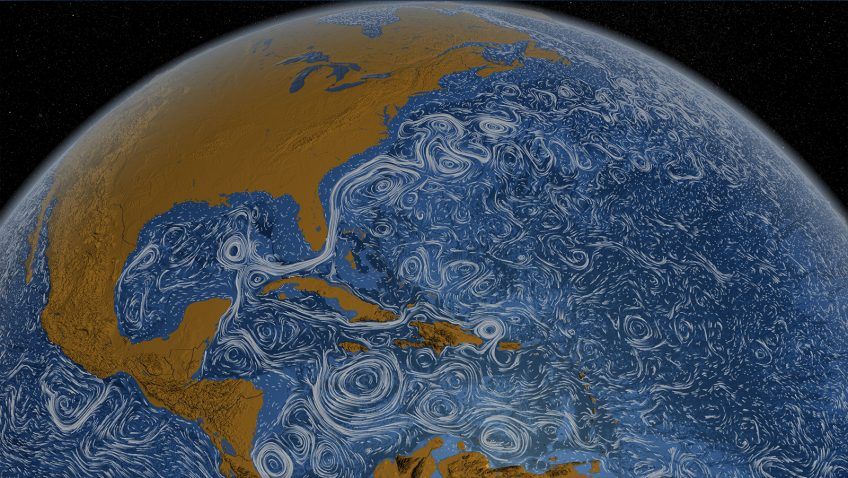The World Trade Organisation (WTO) stressed that it has the potential to contribute to tackling climate change through international trade.
«Adopting inclusive growth and sustainability policies can not only help the world tackle climate change, but also address other pressing challenges, such as biodiversity loss, the high cost of living and slow economic growth,» the organisation said on the eve of the WTO Public Forum 2023, held in September in Geneva, Switzerland.
From its perspective, international trade has a key role to play in this regard. It can increase the availability and affordability of environmental goods and technologies, contribute to the harmonisation of climate policies and accelerate the transition to a low-carbon global economy.
Climate change is one of the most crucial issues of our time. The global community must act now to meet the goals of the Paris Agreement and keep alive the ambition to limit the global temperature increase to 1.5 degrees.
Already, global temperatures last June reached the highest level on record for this time of year, causing temperatures to exceed pre-industrial levels by more than 1.5°C for the first time.
A heatwave broke temperature records in China, and the country joins India, the UK and other nations in preparing for a scorching summer.
Climate change
Europe already had the hottest summer on record last year, contributing to thousands of deaths, marine heatwaves and extreme weather conditions.
The world’s oceans were the warmest on record in April and May, a development that could mean more severe weather in the coming months and trigger a rise in sea levels.
Texans’ energy prices jumped 80 per cent in a matter of hours amid reduced supplies of surplus electricity in June, when scorching heat strained the state’s grid.
All things considered, investment firm Calamos warns that it is clear that climate change is taking a significant human, economic and environmental toll.
Putting a price on carbon is one of the most powerful levers for tackling climate change. This is happening. Today, there are 70 carbon pricing initiatives worldwide, either through carbon taxes or emissions trading schemes, covering 23% of global emissions, according to Calamos.

